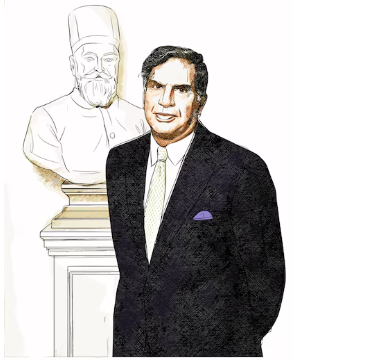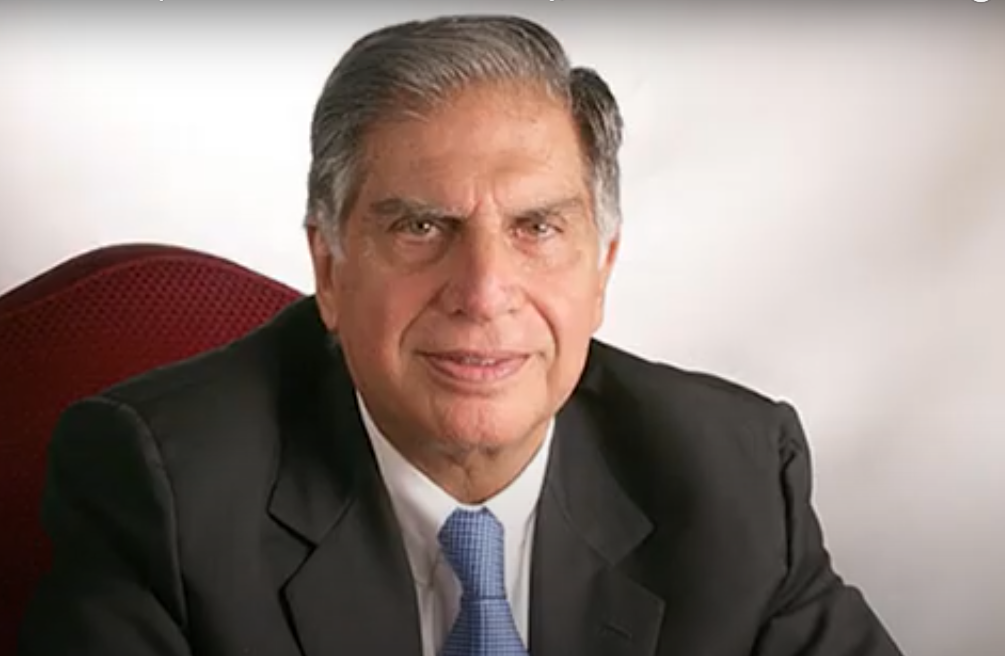End of an Era: Ratan Tata, Air India’s Guiding Light, Passes Away at 86
The Tata Group, parent company of Air India, experienced a significant loss with the passing of its chairman emeritus, Ratan Tata. At the age of 86, Tata breathed his last at Mumbai’s Breach Candy Hospital following a period of intensive care. His leadership guided the Tata Group for more than two decades.

Business Icon Ratan Tata Dies
The business world mourned the loss of Ratan Tata. As the former chairman of the Tata Group, Tata’s leadership and vision had a profound impact on the Indian conglomerate. Joining the family business in 1962, Tata demonstrated his strategic acumen by successfully restructuring the National Radio & Electronics Company, leading to significant improvements in its financial performance and market position.
Upon succeeding his uncle J.R.D. Tata in 1991, Ratan Tata faced the challenge of modernizing the Tata Group amidst India’s economic liberalization. He swiftly implemented reforms to revitalize the conglomerate, such as introducing retirement ages, promoting younger talent, and streamlining the group’s corporate structure.

Under Ratan Tata’s visionary leadership, the Tata Group ventured into new territories, venturing into the telecommunications and IT industries. He founded Tata Teleservices in 1996 and played a pivotal role in taking Tata Consultancy Services public in 2004, which ultimately became the group’s primary source of income.
Tata’s vision for the conglomerate’s growth extended beyond domestic boundaries. In a strategic move, he initiated a series of international acquisitions to expand the group’s global footprint. This marked a significant departure from the company’s previous focus, as Tata emphasized in a 2013 interview with the Stanford Graduate School of Business.
His strategic acquisitions elevated the Indian conglomerate to a global stage, solidifying its position as a multinational powerhouse. Tata’s leadership was instrumental in navigating the challenges of India’s economic transition, balancing modernization with the group’s deep-rooted traditions.
His visionary decisions enabled the Tata Group to adapt to the changing business landscape and compete effectively in the global market. Beyond his business accomplishments, Tata was renowned for his philanthropic endeavors and commitment to social responsibility. His leadership style and vision continue to inspire a generation of Indian entrepreneurs and corporate leaders.
Ratan Tata’s International Vision
Ratan Tata’s leadership played a pivotal role in the Tata Group’s global expansion. A key acquisition during this period was the purchase of the British tea company Tetley in 2000 for $432 million. This strategic move strengthened the Tata Group’s position in the global beverage market and demonstrated its commitment to international growth.
In 2007, the group made a bold move by acquiring Anglo-Dutch steelmaker Corus for a staggering $13 billion, setting a new benchmark for foreign takeovers by Indian companies. This acquisition significantly expanded the Tata Group’s presence in the global steel industry. Following this success, Tata Motors, a subsidiary of the Tata Group, acquired the prestigious British luxury auto brands Jaguar and Land Rover from Ford Motor Co in 2008 for $2.3 billion. This acquisition marked a strategic entry into the competitive global luxury automotive market.
Ratan Tata’s passion for automotive innovation led to significant contributions within Tata Motors. He was instrumental in the development of the Indica, India’s first indigenously designed and manufactured car. Tata’s initial sketches provided the foundation for this groundbreaking project. Additionally, he played a key role in the development of the Nano, a low-cost car marketed as the world’s cheapest, further showcasing his commitment to automotive innovation.
These strategic moves firmly established the Tata Group as a major player in the global corporate landscape, highlighting the capabilities of Indian companies to expand their reach internationally.
Ratan Tata’s contributions to the world will never be forgotten, and his legacy will continue to inspire others. May his soul find eternal peace.

